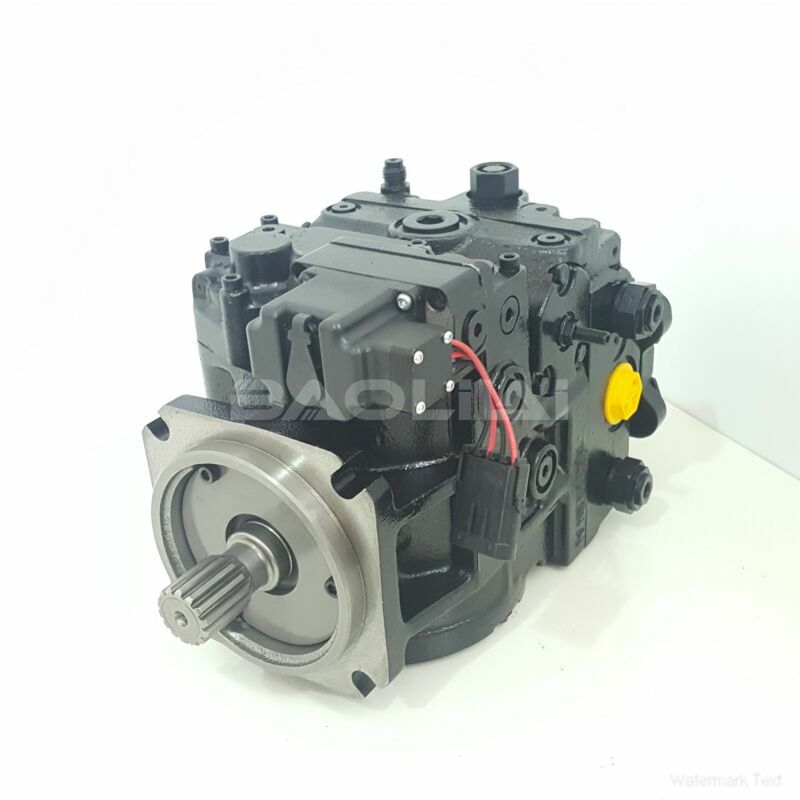90R130KA5NN80R4C8H03GBA232324 sauer danfoss pump
90R130KA5NN80R4C8H03GBA232324 sauer danfoss pump

- Product Details
- Applicable Scene
In the realm of vehicle research and development (R&D) and crash testing facilities, hydraulic oil pumps play a crucial role that often goes unnoticed. These pumps are essential components in hydraulic systems, which are integral to various testing equipment and laboratory setups. Their importance transcends simply being mechanical devices; they are pivotal in ensuring that vehicles meet safety, performance, and regulatory standards before they hit the market.
90-R-130-KA-5-NN-80-R-4-C8-H-03-GBA-23-23-24
90R130KA5NN80R4C8H03GBA232324
One of the primary functions of hydraulic oil pumps in vehicle R&D is to provide the necessary power for hydraulic actuators and other tools used during testing. In crash testing, for instance, hydraulic systems are employed to mimic real-world crash scenarios. These systems operate crash dummies, configure the testing environment, and even deploy safety features in a controlled manner. Hydraulic oil pumps generate the requisite pressure to ensure that these systems work efficiently and reproducibly, which is vital for the credibility and reliability of the tests conducted.

83002015
Furthermore, hydraulic oil pumps are extensively used in the setup and operation of test benches where various vehicle components are evaluated. For example, suspension systems, braking systems, and steering mechanisms require precise hydraulic pressure to simulate their conditions during real-world driving. Engineers use hydraulic pumps to replicate load conditions, allowing them to assess the durability and performance of these components under stress. This testing is crucial for identifying potential failures before the vehicle reaches consumers.
In addition to facilitating performance testing, hydraulic oil pumps are integral to safety assessments. The automotive industry adheres to stringent safety regulations, necessitating thorough evaluations of vehicle crashworthiness. Hydraulic systems enable researchers to conduct dynamic crash tests, where vehicles are subjected to abrupt forces simulating collision impacts. The hydraulic pumps ensure accurate and consistent delivery of force, which is vital for gathering reliable data on energy absorption, deformation characteristics, and overall vehicle integrity during crashes.





